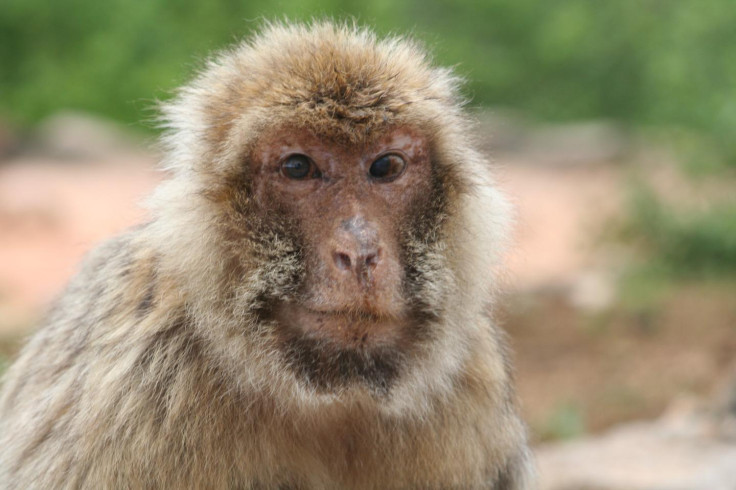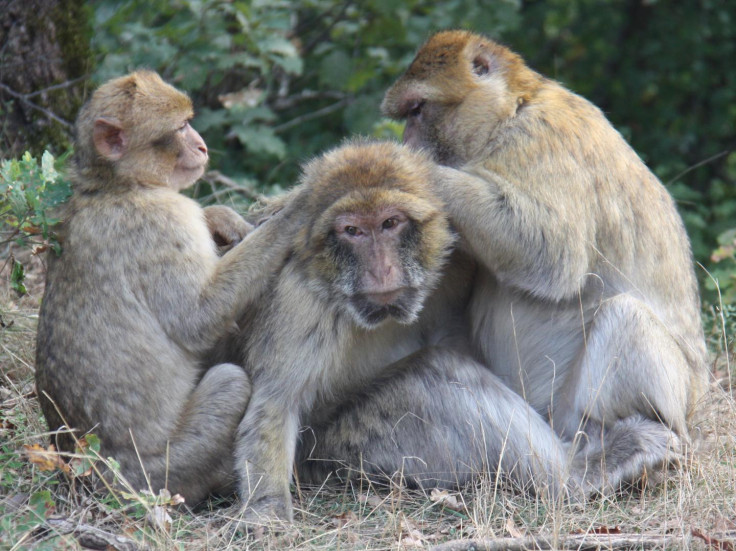Macaque monkeys get picky about their pals as they get older
Like humans, monkeys may become more selective about who they spend time with when they age.

Barbary macaques become more selective about who they spend their time with as they grow older, scientists have said. They have also discovered that the monkeys lost interest in their physical environment relatively early in adulthood, but maintained an interest in social information into very old age. These findings may offer new perspectives into the behaviours of ageing humans.
The study, published in the journal Current Biology, investigated the extent to which Barbary macaques demonstrated interested in their non-social and social environment. It appears that monkeys are very similar to humans as they age; they are more selective regarding their social interactions.
Focus on the social domain
The scientists studied the behaviour of more than a hundred monkeys living freely in a French forest enclosure known as 'la Forêt des Singes'. They tested the level of curiosity the animals displayed for their natural environment, and their social interests.
The researchers presented the monkeys with new objects including toys. Monkeys who had reached adulthood didn't show any interest in discovering these objects.
The scientists also observed observed how often and how long monkeys interacted with each other. They found that the ageing monkeys maintained a keen interest in other monkeys, but were selective about who they spent time with. They preferred the friendship of socially important individual within the group.
Monkeys thus shifted their focus from the physical environment to the social domain. They became more socially aware but also more selective as they aged.
Physiological changes
According to the researchers, studying such behaviour could increase our knowledge of how humans age, and how their relationships with others evolve as they grow older. Physiological changes associated with old age could play a big part in shaping social interactions in both monkeys and humans.

"An important psychological theory suggests that humans become more socially selective when they know that their remaining life time is limited, such as in old age," says study author Laura Almeling.
"We assume that monkeys are not aware of their own limited future time. Therefore, if they show similar motivational changes in old age, their selectivity cannot be attributed to their knowledge about a limited future time. Instead, we should entertain the possibility that similar physiological changes in ageing monkeys and humans contribute to increased selectivity."
Another hypothesis is that monkeys socialise only with carefully selected individuals because they find social interactions increasingly stressful and therefore avoid them if they are not essential.
© Copyright IBTimes 2025. All rights reserved.






















